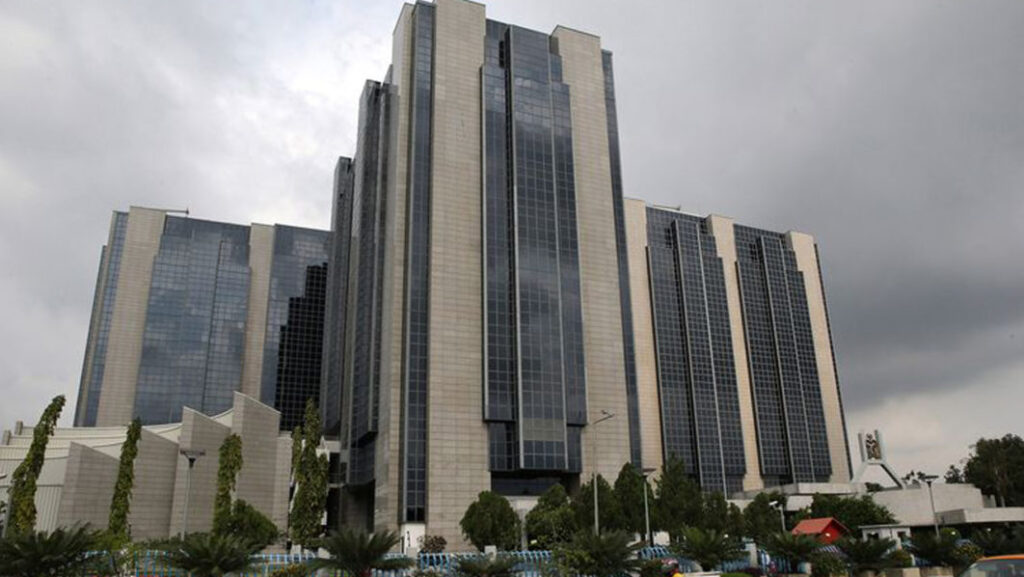 The International Monetary Fund (IMF) in its latest World Economic Outlook update for January, has reviewed upwards growth projections for Nigeria in 2023 from 3.0 per cent, which was projected in October last year to 3.2 per cent as it retained the growth forecast for 2024 at 2.9 per cent.
The International Monetary Fund (IMF) in its latest World Economic Outlook update for January, has reviewed upwards growth projections for Nigeria in 2023 from 3.0 per cent, which was projected in October last year to 3.2 per cent as it retained the growth forecast for 2024 at 2.9 per cent.
The IMF raised its 2023 global growth outlook slightly due to “surprisingly resilient” demand in the United States and Europe and the reopening of China’s economy after Beijing abandoned its strict zero-COVID strategy.
Earlier this month, the World Bank had further reviewed the country’s projected growth to 2.9 per cent from 3.1 per cent last year.
The World Bank, in its January Global Economic Prospects, said Nigeria’s slower growth for 2023 and 2024 is a reflection of the downturn in its oil sector as well as the aftermath of rising insecurity and flooding.
Improved growth projection for Nigeria by the IMF also impacted forecasts for Sub-Saharan Africa, which saw a slight upward review from 3.7 per cent to 3.8 per cent in 2023, whilst 2024 remained at 4.1 per cent. Global growth is projected to fall from an estimated 3.4 percent in 2022 to 2.9 percent in 2023, then rise to 3.1 percent in 2024.
IMF chief economist Pierre-Olivier Gourinchas said recession risks had subsided and central banks were making progress in controlling inflation, but more work was needed to curb prices, and new disruptions could come from further escalation of the war in Ukraine and China’s battle against COVID-19.
“We have to sort of be prepared to expect the unexpected, but it could well represent a turning point, with growth bottoming out and then inflation declining,” Gourinchas told reporters of the 2023 outlook.
Gourinchas said central banks should stay vigilant and be more certain that inflation is on a downward path, particularly in countries where real interest rates remain low, such as in Europe.
According to the IMF WEO for January, the Sub-Saharan Africa growth is projected to remain moderate at 3.8 percent in 2023 amid prolonged fallout from the COVID-19 pandemic, although with a modest upward revision since October, before picking up to 4.1 percent in 2024.
“The small upward revision for 2023 (0.1 percentage point) reflects Nigeria’s rising growth in 2023 due to measures to address insecurity issues in the oil sector. In South Africa, by contrast, after a COVID-19 reopening rebound in 2022, projected growth more than halves in 2023, to 1.2 percent, reflecting weaker external demand, power shortages, and structural constraints.”
The IMF said there were both upside and downside risks to the outlook, with built-up savings creating the possibility of sustained demand growth, particularly for tourism, and an easing of labour market pressures in some advanced economies helping to cool inflation, lessening the need for aggressive rate hikes.
For the global economy, the forecast for 2023 is 0.2 percentage point higher than predicted in the October 2022 World Economic Outlook (WEO) but below the historical (2000–19) average of 3.8 percent. The rise in central bank rates to fight inflation and Russia’s war in Ukraine continue to weigh on economic activity.












